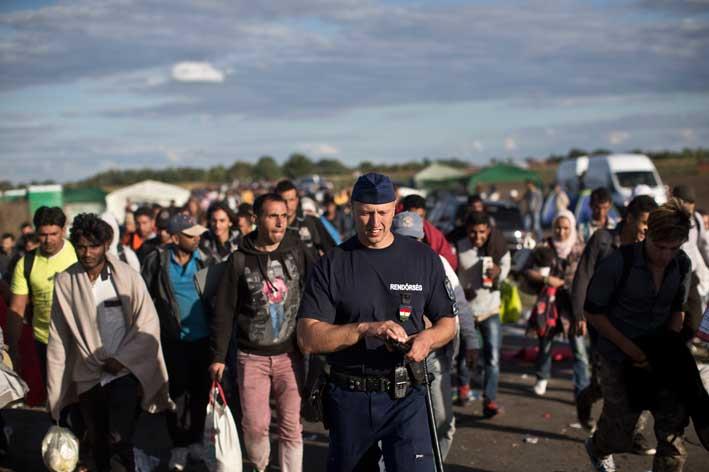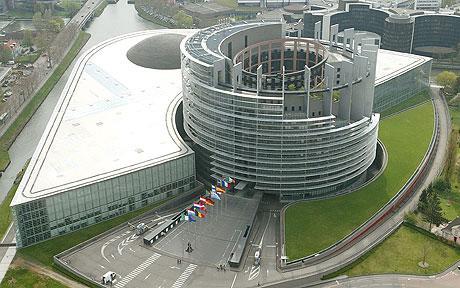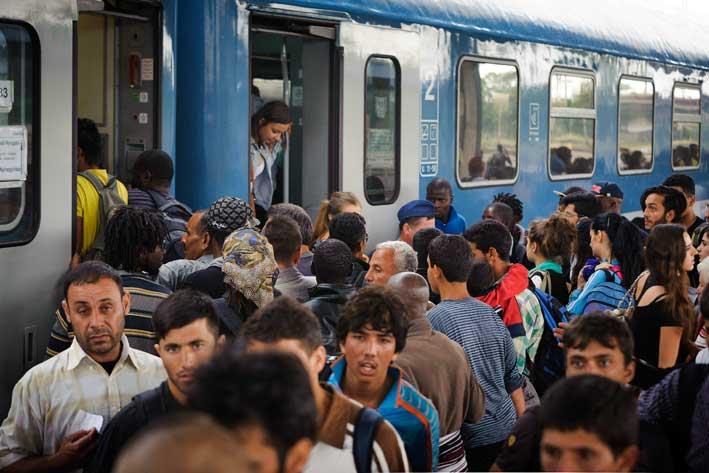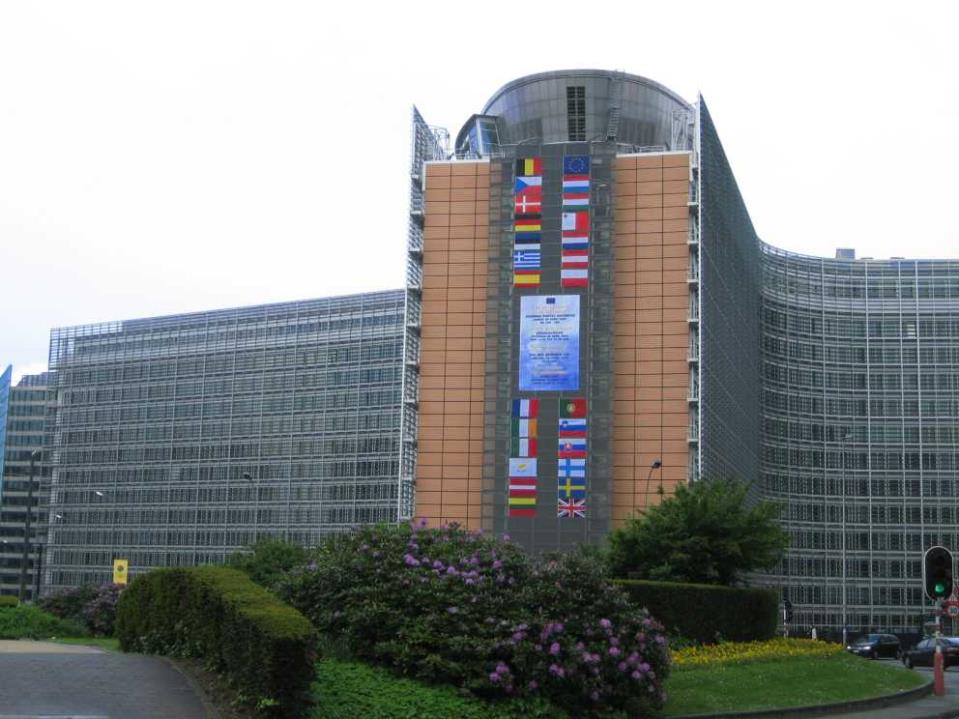A joint resolution pushed by the EPP, S&D, ALDE and the Greens in the European Parliament was passed today, reiterating Parliament’s call to amend the existing Dublin Regulation to include a permanent, binding system of distribution of asylum seekers between the Member States, using a fair compulsory allocation key, while taking into account the prospects of integration and the needs and specific circumstances of asylum seekers themselves.
PN MEP Roberta Metsola was the lead negotiator on behalf of the EPP for this resolution. The Parliament expressed solidarity with the high number of refugees and migrants who fall victim to conflicts, human rights violations and harsh repression. They also expressed “deep regret and sorrow at the tragic loss of lives of people seeking asylum in the EU and urged the European Union and the member states to do everything possible to prevent further loss of life at sea or land”.
The resolution also mentions the fair sharing of responsibility, thereby informing their national governments to step up and honour this.

The Parliament reiterated its support for its resolution of April 2015 on the latest tragedies in the Mediterranean and EU migration and asylum policies; recalling the need for the EU to base its immediate response to the current refugee situation on solidarity and fair sharing of responsibility, “as stated in Article 80 of the Treaty on the Functioning of the European Union (TFEU), and on a holistic approach that takes into account safe and legal migration with full respect for fundamental rights and fundamental values”.
The MEPs also reiterated their commitment to open borders within the Schengen area while ensuring effective management of external borders. They stressed that free movement of people within the Schengen area has been one of the biggest achievements of European integration”.
Turning to relocation, the European Parliament welcomed the initiatives by the Commission on relocation and resettlement, including the new emergency relocation of an increased number of asylum seekers in need of international protection covering Greece, Italy and Hungary. They endorsed the announcement by the Commission of a permanent relocation mechanism to be activated in emergency situations taking into account the number of refugees present in the Member States. They noted that the Council has yet to reach its agreed upon 40,000 migrant relocation from Italy and Greece, having fallen short at 32,000.

They are also prepared to deal with the new emergency relocation scheme in a fast-track procedure and declared their intention to advance all other measures proposed by the Commission in parallel, to ensure that member states are not delaying the permanent relocation scheme. The European Parliament reminded the European Council that Parliament is strongly in favour of a binding relocation mechanism which, to a possible extent, takes into account the preference on refugees.
The resolution also tackled “Hotspots” for states such as Greece, Hungary and Italy, by using expertise from the EU agencies such as FRONTEX, the European Asylum Support Office (EASO) and the European police office (Europol), to help Member States with the registration of people arriving. They “reminded member states that the success of such registration centres depends on their willingness to relocate refugees from the ‘Hotspots’ to their territory, and believe that such approach should clearly provide for effective mechanisms for the identification of people with specific needs and for their onward referral to services.
Turning to the safe country of origin provision, which will establish a common EU list of safe countries of origin, the Parliament understands that this approach could limit the procedural rights of citizens from those countries. They recalled that the acceptance rate for asylum applications vary greatly from one Member State to another and requests that countries ensure that this approach does not undermine the principle of non-refoulement and the individual right to asylum, “especially of those belonging to vulnerable groups”.

Parliament called on the Commission and member states to create significant budgetary room and readiness in the 2016 budget and MFF provisions, enabling more swift and substantial support to the EASO and the Member States as regards their actions for reception and integration of refugees, including in the framework of the relocation and resettlement schemes;
They called for a rapid and full transposition and effective implementation of the Common European Asylum System by all participating Member States; urging the Commission to make sure that all states are properly implementing EU legislation in order to ensure that common effective, consistent, and humane standards are applied across the EU.
Parliament believes that the Return Directive should go hand-in-hand with the respect of the procedures and standards that allow Europe to ensure a humane and dignified treatment of returnees, in line with the principle of non-refoulement.
They also stressed that more emphasis be given to initiatives that have already been launched by the Commission, to provide further tools for protection for asylum seekers. Parliament considers that the EU and its states should explore, in addition to a compulsory resettlement programme, other measures for safe and legal access, such as humanitarian visas. They asked member states to consider the possibility to allow for people in need of protection to apply for asylum at their embassies and consular offices in third countries;

Human trafficking was also a point mentioned on the resolution, where Parliament recalled that member states should lay down strong criminal sanctions against human trafficking and smuggling both into and across the EU, and called on states to combat criminal networks of smugglers.
Parliament regrets that some state leaders, and far right parties, are using the current situation to fuel anti-migration sentiments while blaming the EU for the crisis, stating that this leads to growing numbers of violent actions against migrants. In this light, they called on the Commission and states to take urgent steps against violent actions and hate speech targeting migrants.
The MEPs recalled that migration is a global and complex phenomenon that requires a long-term approach addressing root causes. They urged the Council to focus the Valletta Summit set to take place this November on root causes such as poverty, inequality, injustice, climate change, corruption, ill-governance and armed conflict. They underlined the need for a comprehensive EU approach, strengthening the coherence of its internal and external policies and notably its common foreign and security policy, development policy and migration policy; questions plans to link development aid to more border controls or readmission agreements by third countries;

The Parliamentarians urged the EU, its Member States and the international community to reinforce its role in conflict resolutions and in particular to help find sustainable political solutions in those regions in conflict, such as the Iraq, Syria, Libya and the Middle East. This will help strengthen the political dialogue including with regional organisations encompassing all human rights elements in order to support inclusive and democratic institutions and the rule of law and to foster social and democratic development in the countries of origin and among their peoples. They called for greater cooperation with countries in the region within the Arab League and the African Union in order to manage, resettle, and grant asylum to persons in need of protection;
Lastly, they called on the Commission to convene an international conference on the refugee crisis with the participation of the EU, Member States, UN related agencies, the United States, relevant international NGOs and Arab States among others with the aim of establishing a common global humanitarian aid strategy.